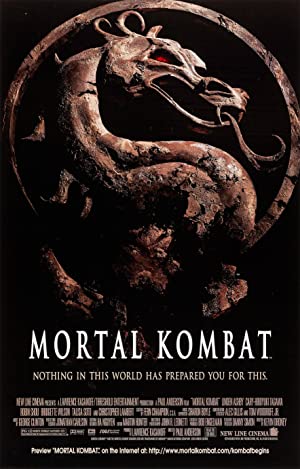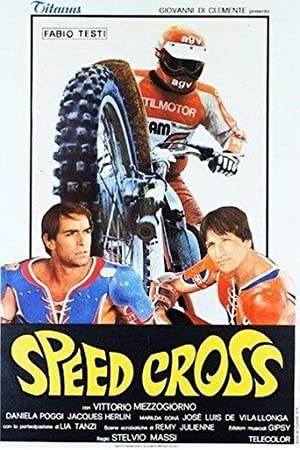

Notable for being the first female protagonist in sword and sorcery, Jirel was the monarch of an imagined medieval French province, known for relying The former introduced Jirel of Joiry in 1934, the year after Conan’s debut. An instant success, the character’s most immediate influences were writers C. Between 1933 and his death in 1936, Howard placed eighteen stories of Conan in the pages ofWeird Tales. Like the gunslingers whose exaggerated exploits form the bedrock of Howard’s childhood entertainments, Conan was an opportunist, a self-serving fortune seeker with a fatalistic outlook, albeit a man loyal to his friends, often given to penetrating psychological insights. From out of the barbaric north, Conan came, “a thief, a reaver, a slayer, with gigantic melancholies and gigantic mirth, to tread the jeweled thrones of the Earth under his sandalled feet.” As he detailed Conan’s exploits, Howard pioneered a new kind of fantasy, one that owed as much to the swashbuckling tales of Alexandre Dumas and Rafael Sabatini as it did to the outlaws and renegades of the American West. Like Tolkien’s Middle Earth, Howard set Conan’s adventures in an imagined prehistoric land, Hyperborea, which existed between the fall of Atlantis and the time of recorded history. It was in the pages ofWeird Tales that he, a popular writer who wrote for scores of classic pulp magazines, would debut his greatest and most influential creation, Conan the Cimmerian. A boxer who stood six feet two inches, known for his stamina and for rarely losing a fight, Howard brought to his imagined conflicts a reality backed up by experience. Howard, who drew upon his Irish ancestry and a lifetime of tall tales of the American West to create stories of adventure that were, in contrast to his contemporaries, laced with a grim pessimism and an edge of violent realism. But the earlier form of sword and sorcery fantasy owes its genesis to Texan-born Robert E. Donaldson all owe an immeasurable debt to the Oxford professor. Famous names such as Terry Brooks, Terry Goodkind, Robert Jordan, Roger Zelazny, Stephen R. The story of a titanic struggle for the fate of nations, it single-handedly led to the creation of the fantasy genreas a recognized genre, and spawned a thousand imitators. Tolkien is the undisputed father of high, or epic, fantasy.*HisLord of the Rings drew on Norse mythologies, his personal experiences in World War I, and, arguably, Wagner’sThe Ring of the Nibelung (though he denied this vehemently). If high fantasy is a child ofThe Iliad, then sword and sorcery is a product ofThe Odyssey. As high fantasy concerns itself with warring nations and final battles, sword and sorcery focuses on personal battles, fought in the back alleys of exotic cities, in the secret chambers of strange temples, in the depths of dark dungeons.


Sword and sorcery is where fantasy fiction meets the western, with its emphasis on traveling swordsmen wandering into an exotic setting and finding themselves thrust into unanticipated conflicts there. Smaller-scale character pieces, often starring morally compromised protagonists, whose heroism involves little more than trying to save their own skins from a trap they themselves blundered into in search of spoils. If high fantasy is about vast armies divided along the lines of obvious good versus ultimate evil, epic struggles to vanquish dark lords bent on world domination, then sword and sorcery is its antithesis. Kiernan Thieves of Daring Bill Willingham The Fool Jobs Joe AbercrombieĪbout the Editors Credits Copyright About the PublisherĬHECK YOUR DARK LORD AT THE DOOR Sword and sorcery. Parker A Suitable Present for a Sorcerous Puppet Garth Nix Red Pearls:An Elric Story Michael Moorcock The Deification of Dal Bamore:A Tale from Echo City Tim Lebbon Dark Times at the Midnight Market Robert Silverberg The Undefiled Greg Keyes Hew the Tintmaster Michael Shea In the Stacks Scott Lynch Two Lions, a Witch, and the War-Robe Tanith Lee The Sea Troll’s Daughter Caitlin R. Swords & Dark Magic The New Sword and Sorcery Edited by Jonathan Strahan and Lou Andersįor ROBERT E HOWARD, FRITZ LEIBER, and MICHAEL MOORCOCK, the great literary swordsmen who made it possibleĬontents Introduction: Check Your Dark Lord at the Door Lou Anders & Jonathan Strahan Goats of Glory Steven Erikson Tides Elba:A Tale of the Black Company Glen Cook Bloodsport Gene Wolfe The Singing Spear James Enge A Wizard in Wiscezan C.


 0 kommentar(er)
0 kommentar(er)
